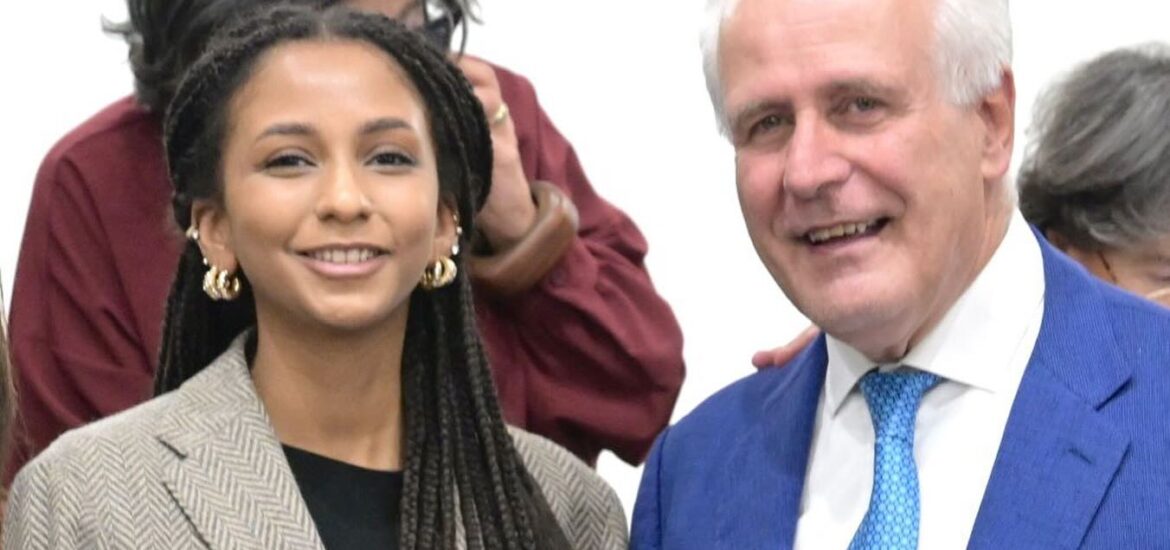The new regional Tuscan government takes shape after weeks of talks with President Eugenio Giani reaching an agreement with his centre-left allies. National party leaders also took part in the negotiations.
The new team begins Giani’s second term after October’s victory. It balances returning members with several newcomers.
Mia Bintou Diop is the standout appointment. She is a 23-year-old councillor from Livorno. She will serve as vice president of the Region. Diop was born in Italy to a Senegalese father and an Italian-German mother. She studies political science at the University of Pisa. She has been active in the Democratic Party since her teens. Her appointment marks a shift towards generational renewal and cultural inclusion.
Diop explained how she wanted to make a difference in the Tuscan government. “Today, my generation lives with impossible rents, precarious jobs, parents they don’t want to burden but from whom they can’t detach themselves. I’m part of it too. And that’s precisely why I want to bring it into every choice and decision.”
Lega deputy leader sparks racism row
The announcement triggered a political storm. Roberto Vannacci, deputy leader of the Lega, attacked Diop on social media. He claimed she had no experience. He also wrote that her only qualifications were party membership and “black skin”. He compared her appointment to that of conductor Beatrice Venezi. Venezi faces protests over her role at La Fenice and her links to Premier Giorgia Meloni.
Vannacci posted photos of Venezi and Diop side by side. He wrote: “Venezi? Right-wing, white, blonde, Christian… and also competent. The truth hurts.”
Giani called the remarks offensive and provocative. He advised Diop to ignore the comments. Emiliano Fossi of the Democratic Party called the attack shameful and racist. He said Diop was chosen for her abilities. Former prime minister Matteo Renzi also condemned Vannacci. He reminded him of his failed campaign in Tuscany and urged him to respect democracy.
Giani said the new executive aims to mix experience with fresh ideas. He wants every part of Tuscany to feel represented.
Portfolios will be assigned soon. Health, education and welfare remain key areas awaiting final decisions.






